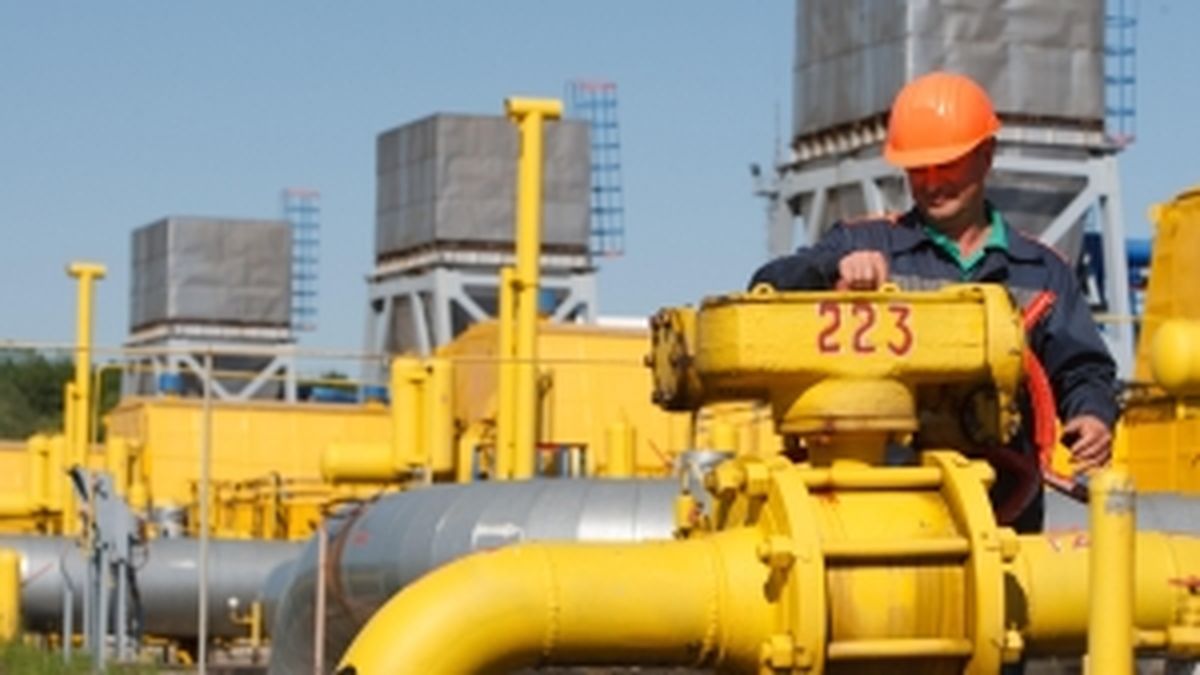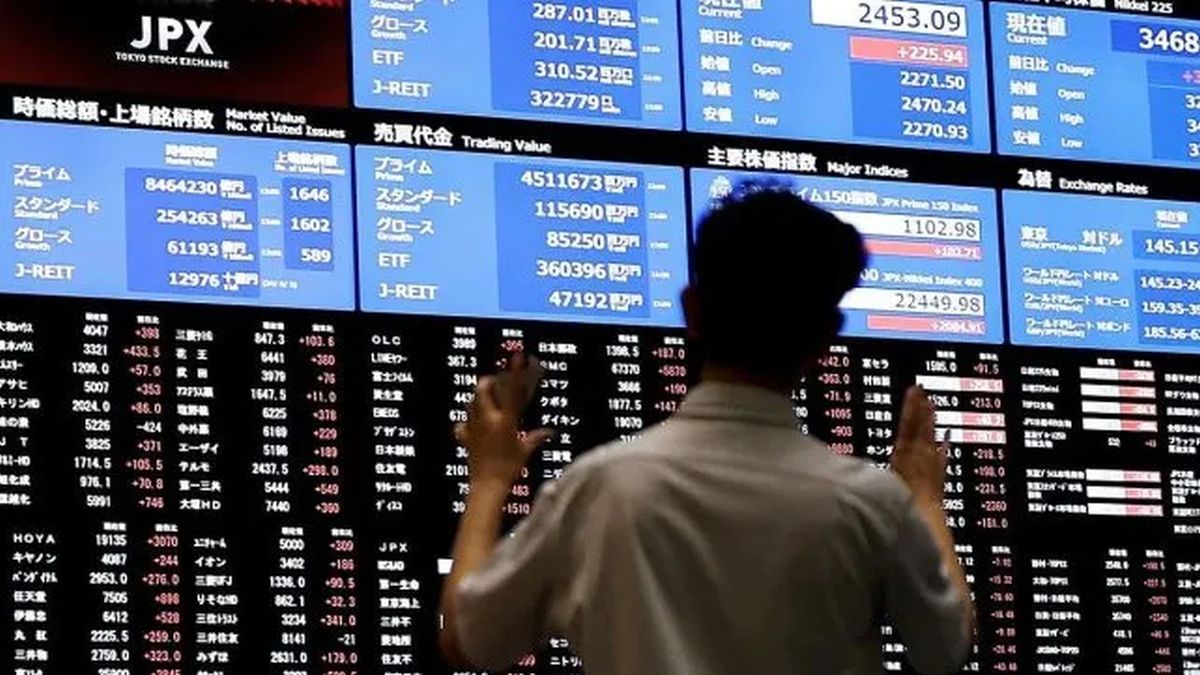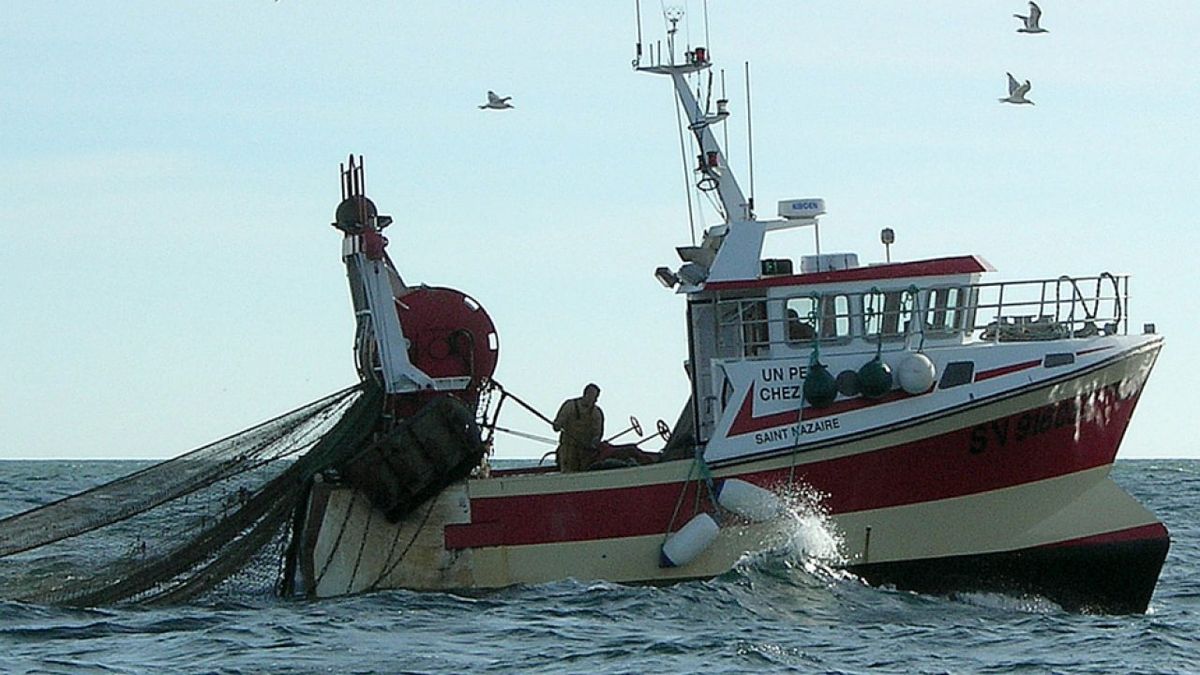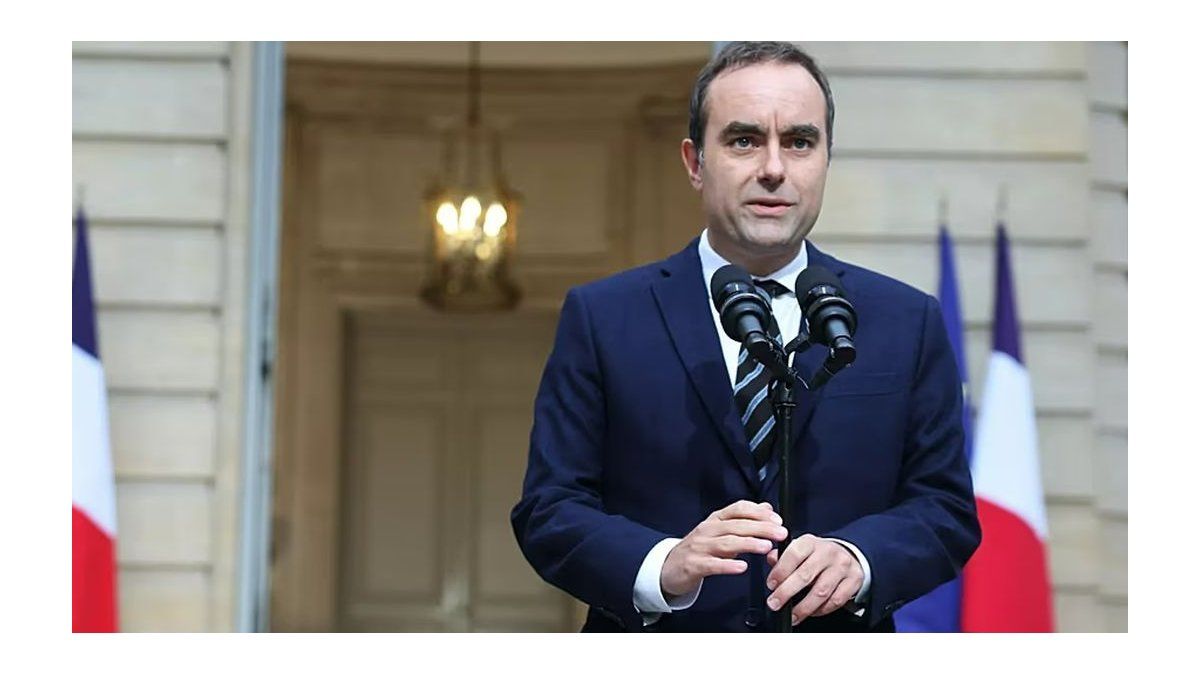“Winter will be hard for all European countries, prices will remain high and should even increase further”said Giovanni Sgaravatti, a researcher at the Brussels think tank Bruegel.
Since the beginning of the war, Russia reduced or suspended gas deliveries to a dozen European countries, in a strategy perceived in the West as retaliation for Western sanctions against Moscow. To avoid a major crisis, the 27 States of the European Union (EU) have committed to reducing their gas consumption by at least 15% between August 1, 2022 and March 31, 2023, at the end of the boreal winter. .
The fall in deliveries triggered the price of gas and, accordingly, those of electricity, since historically 20% of European electricity is generated in thermal power plants that run on gas.
But the war in Ukraine “is not solely responsible” for these increases, says Vincent Charlet, an economist at a French think tank. France, for example, reduced its electricity production capacities due to corrosion problems in some of its nuclear reactors.
The Bruegel Institute calculates that EU countries (excluding Portugal and Hungary) spent €236 billion between September 2021 and August 2022 to deal with rising prices. At the head is Germany, with 60,000 million euros, but in relation to the size of its economies, Greece Y Lithuania they are the ones that have made the most effort, devoting respectively 3.7% and 3.6% of their GDP to this energy reconversion.
Italy allocated almost 50,000 million euros to this task, 2.8% of its GDP, and France 1.8%, with 44,700 million euros. French President Emmanuel Macron is trying to prepare the country for a “tough” autumn and winter. Last week, he called on the French to accept “united (…) pay the price” of “freedom” and “values”, to face the “brutal attack of Russia” against Ukraine. .
A tariff shield protects the French until December 31, but it remains to be seen how much energy will rise in 2023. Germanyfrom September 1 it will be mandatory to reduce the heating to 19 degrees in all public administrations and do without heated private pools.
in the nordic Finland, citizens are encouraged to take shorter showers and, above all, to spend less time in their energy-intensive saunas. But countries are still finalizing their plans, which in some cases include turning off shop windows at night or closing shop doors to prevent energy waste.
Energy savings will also affect the continent’s industry, explains Vincent Charlet. Initially, “the industrial activities that are most at risk are those that directly use gas or electricity as raw material,” he said, which involves much of the metallurgical (aluminum) and chemical industries. “For the first time this year, I have heard about possible energy relocations,” he added.
The HSBC bank warned that “a recession” was “probably inevitable” in the eurozone. The institution forecasts a fall in the GDP of the eurozone (formed by 19 of the 27 EU countries) in the last quarter of 2022 and the first of 2023.
Source: Ambito
David William is a talented author who has made a name for himself in the world of writing. He is a professional author who writes on a wide range of topics, from general interest to opinion news. David is currently working as a writer at 24 hours worlds where he brings his unique perspective and in-depth research to his articles, making them both informative and engaging.




